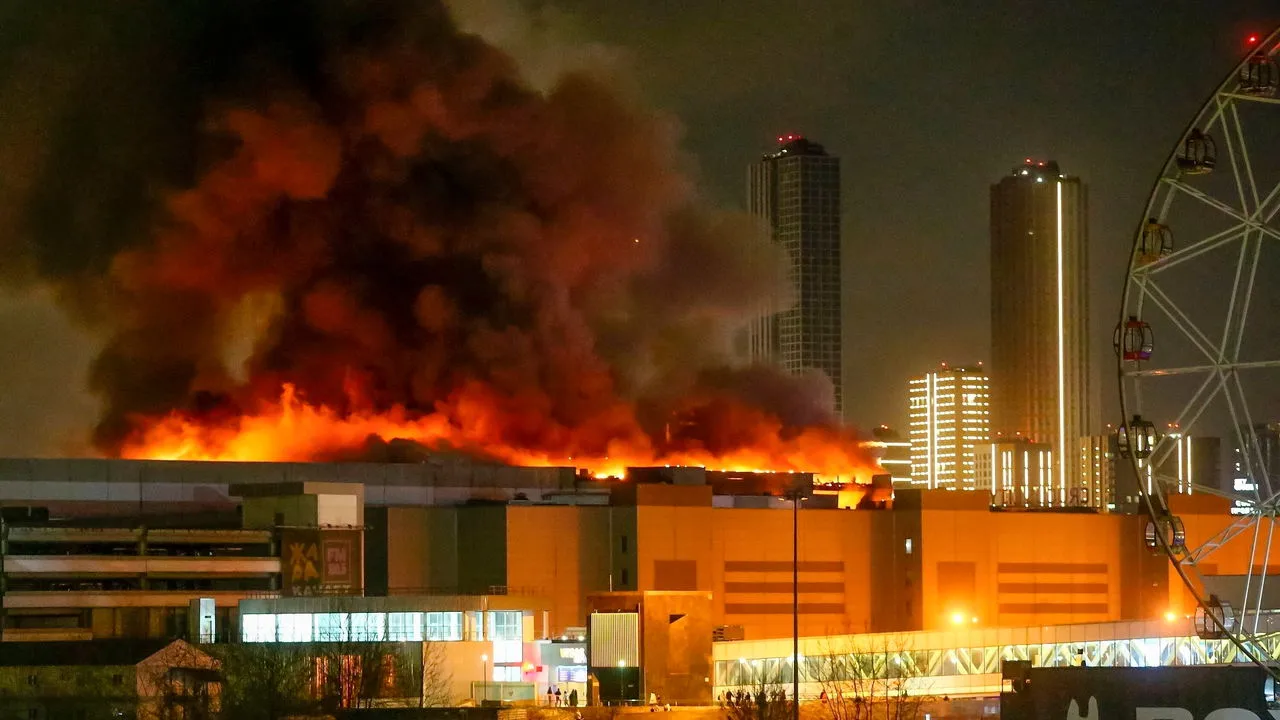Last Friday (March 22), Islamic State-Khorasan Province (ISKP), the Central Asian branch of the infamous Islamic State, conducted an attack on a concert in Moscow, in a manner similar to the Bacatan massacre in Paris, shooting civilians and causing the venue to fall to fire. This was the deadliest terrorist attack in Russia since the 2000s, with the death toll now over a hundred. Here is how this is relevant to the Pillars:
The US had raised alarms about such a possible attack, even indicating that concerts may be targeted, on March 7, saying that it could occur in the next 48 hours. A guidance was issued by not just the US Embassy, but also the UK, Sweden, and more. However, Putin merely brushed it aside as “obvious blackmail” and “an attempt to intimidate, destabilize our country.” He would be proven wrong.
This event, while a tragedy on its own, is also dangerous for the West in how Putin will seek to utilize it. Putin has already begun trying to point the blame on Ukraine. When ISKP released bodycam footage of the attack, the spin turned into “they were driving toward Ukraine and thus were trying to escape there.” China has joined in on this spin campaign too. The Kremlin may use this opportunity to perpetuate the war, perhaps by extending conscription or enhancing state capabilities. It is then vital that the Pillars continue supporting Ukraine, even though the fatigue sets in further and further.
While a layman may not expect a “resurgence” of the Islamic State, there were still signs that its affiliates were able to strike. In fact, ISKP has global ambitions outside of their base in Afghanistan, with plots foiled in Germany and India. They also struck Russia’s ostensible ally, Iran, in the city of Kerman with a bombing and over 80 dead in early January (the US had also warned Iran of a potential attack). But this does show that in its attritional war against Ukraine, some of its state capacity is fully devoted to the invasion instead of where they would normally be. The ISKP attack and the Prigozhin column last year show that Russia is vulnerable to threats.
Outside of this event, Japan and the US, two Pillars, are looking to upgrade their security pact, and could potentially be announced when Prime Minister Fumio Kishida visits the White House next month. This is significant, as the two countries continue to counteract and build up against China in the Asia-Pacific region. Also in light of some tensions with the Nippon Steel acquisition of US Steel, more cooperation and coordination is welcome.

